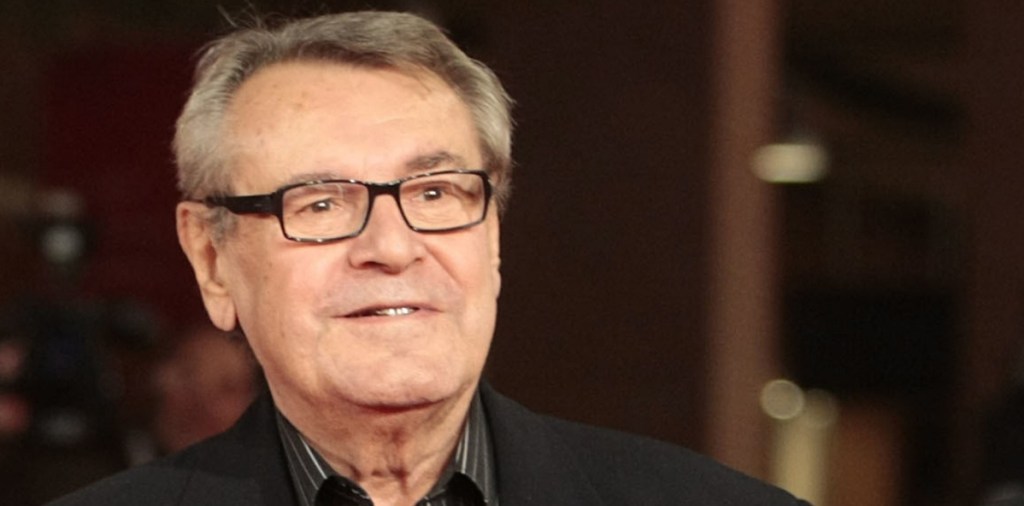LOS ANGELES — Czech filmmaker Milos Forman, whose American movies “One Flew Over the Cuckoo’s Nest” and “Amadeus” won a deluge of Academy Awards including best director Oscars, died Saturday. He was 86.
Forman died about 2 a.m. at Danbury Hospital near his home in Warren, Connecticut, according to a statement released by the former director’s agent, Dennis Aspland.
When Forman arrived in Hollywood in the 1960s, he was lacking in money and English skills, but carried a portfolio of Czechoslovakian films much admired internationally for their quirky, lighthearted spirit. Among them were “Black Peter,” “Loves of a Blonde” and “The Firemen’s Ball.”
The orphan of Nazi Holocaust victims, Forman had abandoned his homeland after Soviet troops invaded in 1968 and crushed a brief period of political and artistic freedom known as the Prague Spring.
In America, his record as a Czech filmmaker was enough to get him into Hollywood’s studios, but his early suggestions for film projects were quickly rejected.
Actor Michael Douglas gave Forman a second chance, hiring him to direct “One Flew Over the Cuckoo’s Nest,” which Douglas was co-producing. The 1975 film, based on Ken Kesey’s novel about a misfit who leads mental institution inmates in a revolt against authority, captured every major Oscar at the Academy Awards.
The winners included Jack Nicholson as lead actor, Louise Fletcher as lead actress, screenwriters Bo Goldman and Lawrence Hauben, Forman as director and the film itself for best picture.
The director, who worked meticulously, spending months with screenwriters and overseeing every aspect of production, didn’t release another film until 1979’s “Hair.”
The musical, about rebellious 1960s-era American youth, appealed to a director who had witnessed his own share of youthful rebellion against communist repression in Czechoslovakia.
Based on Peter Shaffer’s play, “Amadeus” portrayed 18th century musical genius Wolfgang Amadeus Mozart as a foul-mouthed man-child, with lesser composer Salieri as his shadowy nemesis. It captured seven Academy Awards, including best picture, best director and best actor (for F. Murray Abraham as Salieri).
Hunting for locations, Forman realized that Prague was the only European capital that had changed little since Mozart’s time, but returning there initially filled him with dread.
His parents had died in a Nazi concentration camp when he was 9. He had been in Paris when the Soviets crushed the Prague Spring movement in 1968, and he hadn’t bothered to return home, becoming a U.S. citizen in 1975.
The Czech government, realizing the money to be made by letting “Amadeus” be filmed in Prague, allowed Forman to come home, and the public hailed his return.
“There was an enormous affection for us doing the film,” he remarked in 2002. “The people considered it a victory for me that the authorities had to bow to the almighty dollar and let the traitor back.”
Send questions/comments to the editors.



Success. Please wait for the page to reload. If the page does not reload within 5 seconds, please refresh the page.
Enter your email and password to access comments.
Hi, to comment on stories you must . This profile is in addition to your subscription and website login.
Already have a commenting profile? .
Invalid username/password.
Please check your email to confirm and complete your registration.
Only subscribers are eligible to post comments. Please subscribe or login first for digital access. Here’s why.
Use the form below to reset your password. When you've submitted your account email, we will send an email with a reset code.